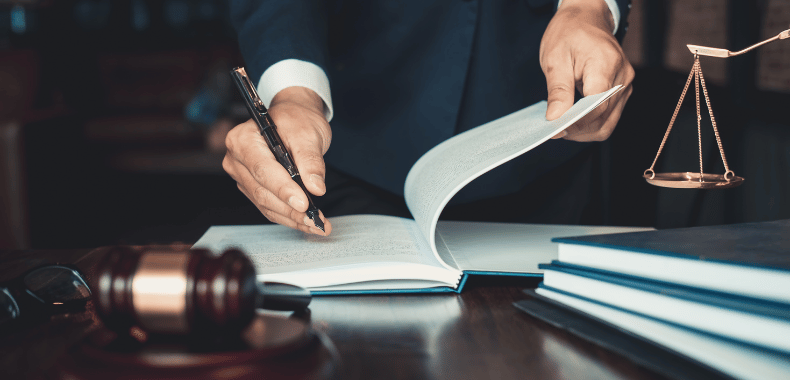In May 2021, the Brazilian Supreme Court ruled unconstitutional the Article 40, single paragraph, of the Industrial Property Law (LPI), which provided for a minimum patent term of 10 years from its concession, to compensate for delays in the analysis of patent applications of more than 10 years from the date of filing.
Since the ruling, there hasn’t been an automatic extension of the validity of patents in the event of a delay in the analysis of applications by the Brazilian Patent and Trademark Office (BPTO). Now on a case-by-case basis, owners of patent requests have been going to the courts to seek a re-composition of the deadline when they have been waiting for years for the BPTO’s decision. Expert lawyers in the area say that these requests are legitimate, since the state should be held responsible for excessive analysis time.
The understanding of one expert in the matter, Daniel Sarmiento, a professor of Constitutional Law in the Universidade Estadual do Rio de Janeiro (UERJ), is that the BPTO’s excessive delay to analyze a patent request could qualify as a breach of the fundamental right to the protection of industrial property, provided for in the Constitution, as well as everyone’s right to a reasonable duration of proceedings. In this sense, if there is a delay attributable solely to the state and if this delay harms the holder of the fundamental right to the protection of industrial property, the extension of the time limit is justified. It is a way of repairing damage caused by unlawful behavior on the part of the state.
Anna Maria da Trindade dos Reis, partner of Trindade & Reis Advogados, makes the argument that the BPTO’s chronic delay to register a patent doesn’t just hurt the company seeking the patent, but hurts the community as a whole, since the delay makes it impossible for products and innovations to arrive in a timely manner in society.

Additionally, she explains that even though there is no specific law relating to the patent term, there is a general law, the article 27 of the Law of introduction of the norms of Brazilian Law (LINDB), that requires that the harmed party presents proof that there was a delay on the part of the BPTO alone and of the damage that the delay caused. Compensation can be given in the form of restoring the term of exploitation of the patent, in her opinion it’s a much more effective way, and it restores the term that is properly due, without burdening the state.
As shown, the experts above believe that constitutional principles and legal provisions already allow for requests to make up time in court. However, the House of Representatives is currently analyzing the Bill 2056/2022, which aims to clearly provide the time compensation in the case of patents. The proposal aims for a restructuring of the BPTO, hiring more civil servants and setting deadlines for the analysis of patent applications.
According to the text, the BPTO will have up to 30 days to issue its opinion after the administrative process has begun, which could be extended for a further 30 days, and if the deadline is missed, the holder can request compensation for the patent term. The bill was presented on July 14 and the next step is for it to be analyzed by the Labor, Administration and Public Service Committee, which does not yet have a date.
However, it is important to point out that, independently of the situation presented above, the BPTO has been making efforts to decrease the analysis time of the patent applications.
—
Author: Laura Galvão Scalon, and Cesar Peduti Filho, Peduti Advogados.
Source: Demora do INPI para analisar patentes pode ensejar ação para extensão de prazo + https://www.jota.info/coberturas-especiais/inovacao-e-pesquisa/demora-do-inpi-para-analisar-patentes-pode-ensejar-acao-para-extensao-de-prazo-17082022
—
If you want to learn more about this topic, contact the author or the managing partner, Dr. Cesar Peduti Filho.
Se quiser saber mais sobre este tema, contate o autor ou o Dr. Cesar Peduti Filho.

